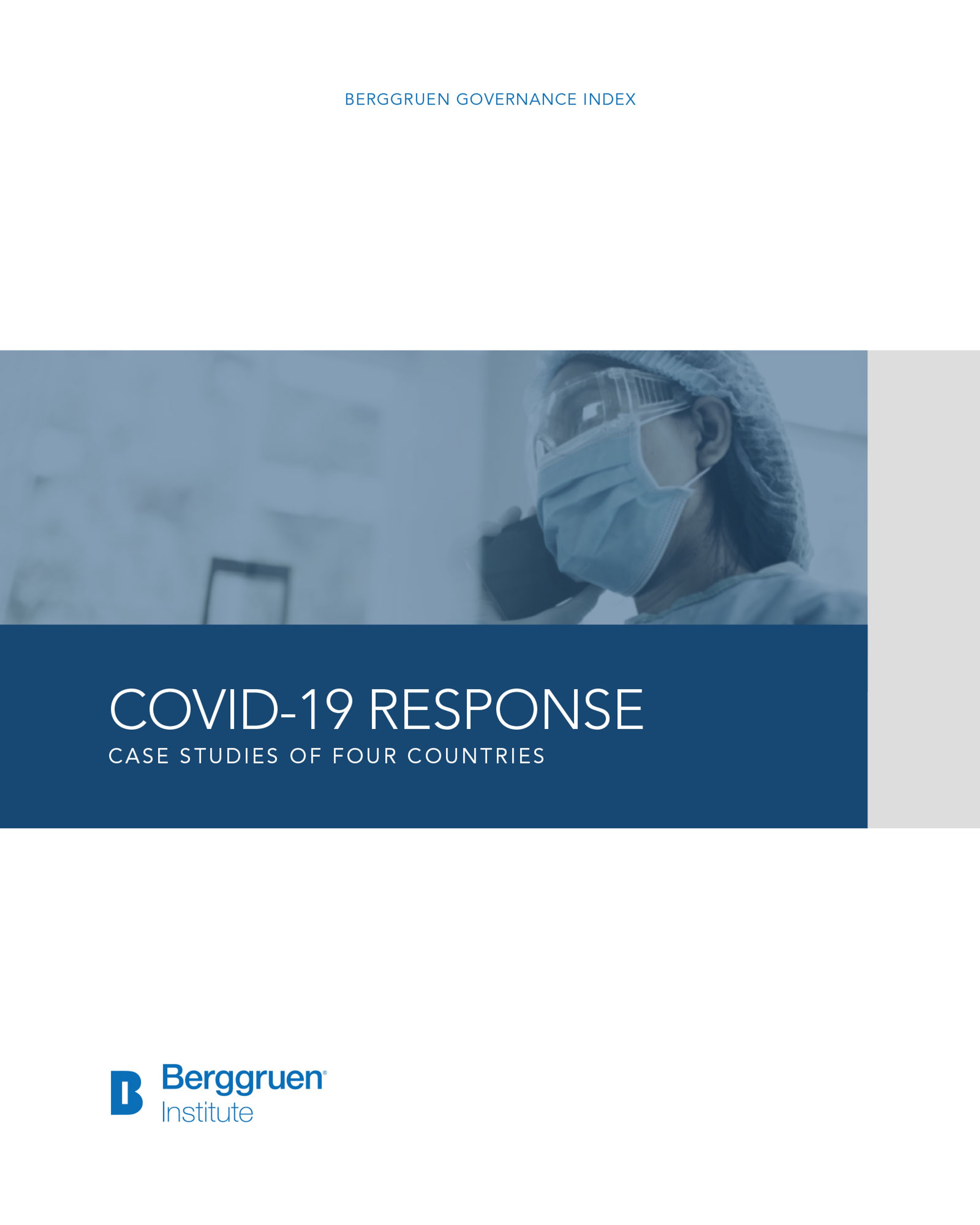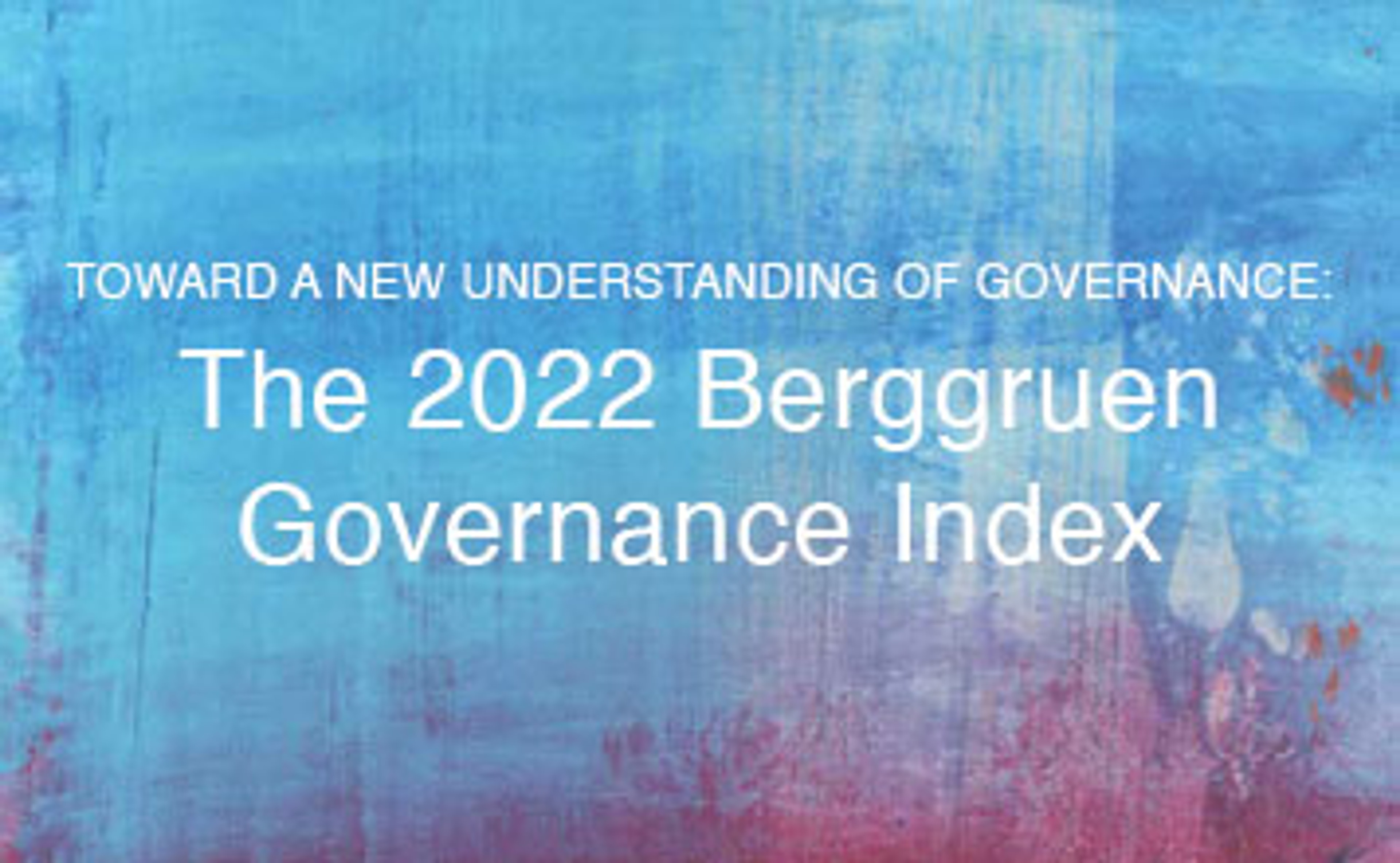COVID-19 Response - Case Studies of Four Countries
We are living through a real-time natural experiment on a global scale. The differential performance of countries, cities and regions in the face of the COVID-19 pandemic is a live test of the effectiveness, capacity and legitimacy of governments, leaders and social contracts.

The COVID-19 pandemic is a rare crisis that all states are facing simultaneously. Although imperfect—as a result of variations in population, geography and even the evolving epidemiology—this test measures not only pandemic preparedness and response but more importantly state capacity and social resilience. The following report contains four case studies of different countries’ responses to the COVID-19 pandemic. Each report first looks at the pre-pandemic preparedness of the country in question, then presents the strategy that was implemented—including a detailed timeline of action—and an assessment of its performance. Each report then explains the results using insights from the Berggruen Governance Index (BGI). To show why some countries were able to respond more quickly and effectively than others—often in spite of lower aggregate governance scores—this report examines the sub-components of the BGI that contributed to the quality of the responses and compares them to other measures of preparedness such as medical equipment production, public health alert systems, and healthcare capacity. By looking beyond the aggregate Quality of Governance, this approach allows us to better understand which aspects of governance capacity matter most in crisis management.












